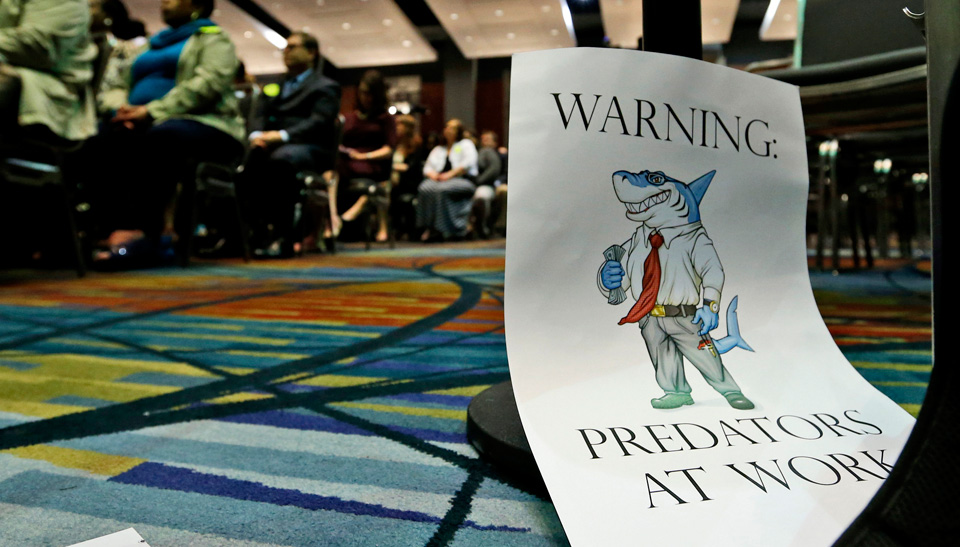
WASHINGTON—The Consumer Financial Protection Bureau, which has spent its existence recovering money that financiers fleeced from consumers during and after the Great Recession, has now gone step further: It’s shut a shady credit repair outfit down.
In an August 30 federal court consent decree, Prime Marketing Holdings, a so-called credit repair bureau in Van Nuys, Calif., agreed to get out and stay out of the credit repair business. So did its “officers, agents, servants, attorneys and employees.”
Prime Marketing Holdings “charged illegal advance fees and misled consumers about the cost and effectiveness of its services and the nature of its money-back guarantee,” CFPB summarized.
CFPB, established under the Dodd-Frank financial reform law following the crash, collected a $150,000 fine. The court papers show the credit bureau overcharged more than 50,000 consumers more than $20 million, but returned only $1.5 million so far. The company also agreed to tell the agency and the court within 30 days how much more money it plans to return to consumers.
“We are taking action to shut down a company that deceived consumers into paying for credit repair services that did not live up to the company’s promises,” agency Director Richard Cordray said in a statement. “We remain committed to taking action against companies that mislead consumers into paying illegal fees with false promises.”
The credit “repair” industry has profited from consumers who fell into debt during the financier-caused crash. But this outfit overcharged consumers – often docking them $89.99 each per month on top of an illegal initial advance fee – while lying about its inability to improve their credit scores.
It also “misrepresented and failed to disclose the limitations of its money-back guarantee,” the court papers said, and lied to consumers about its fees during sales calls. “These practices violated the Dodd-Frank Wall Street Reform and Consumer Protection Act and the telemarketing sales rule,” the federal government previously imposed.
Despite the shutdown, and other successes in the last six years that have recouped more than $12 billion for consumers, Congress’ ruling Republicans want to reduce CFPB’s powers to protect consumers and recover their money. Over the objections of the Americans for Financial Reform, unions and consumer groups, the GOP House majority pushed through legislation to emasculate the bureau.
Their legislation “would repeal the CFPB’s authority to stop abusive acts and practices in consumer finance by literally striking the prohibition on abusive acts and practices from the U.S. Code,” AFR told the House Financial Services Committee earlier this year.
“Consumer advocates are watching with horror as Congress works to unravel, piece by piece, many long-standing consumer protections, taking actions that favor big industry over the little guy. With the backing of industry, federal legislators are attacking rules that protect seniors from rip-offs and scams and blocking agencies from using their powers to prevent illegal activity or set sensible safety standards,” adds Sally Greenberg, executive director of the National Consumers League.












Comments